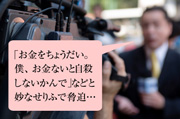
In talking about the restrictions on direct quotation, the ideas of “class” (part 57) and “status” (part 58 & 59) appeared in quick succession. Neither of these is easy to strictly define, but I believe that distinguishing the two is of great importance in thinking about Japanese character language, so here I will specifically explain the differences between the two.
“Status” is a comprehensive projection of experience, power and station. For every person of high rank, there is someone of higher rank above them. Enshrined in the highest of the high ranks is “God.” By “God” I don’t mean the gods of mythology that were prone to falling in love and throwing tantrums. Rather, I refer to the infinitely majestic God character (see part 58 of this series).
This “God” is not vulgar. On the other hand, “refined” isn’t really the right word either. The concept of “class” is for the most part developed by the surrounding people. Class does not deviate from the cultural restrictions of the relevant society; those people within that society who are docile, modest, and self-restrained, and whose actions appear free and graceful—people who do not seem constrained—are considered to be refined, and those who are not are considered vulgar.
If someone shouts in a loud voice when surprised, others’ opinions of him/her will plummet; when surprised one should say “oya” or “ara”(1) softly with a falling intonation (see part 26)—this is a matter of class. On the other hand, even using “oya” or “ara” to express surprise would cause “God” to lose the esteem of others; nothing should surprise God in the first place—this is a matter of status. The fact that laughing loudly is considered unseemly, while tittering demurely is not, is a matter of class, while the question of whether or not it would be appropriate for God to laugh at all is a matter of status.
In other words how one performs actions, such as how one expresses surprise or laughs, is a matter of class, while the actions themselves, the acts of being surprised and laughing, are a matter of status. Sentence-ending particles are related to both these matters. The sentence-ending particle “yo”(2) is the bane of dignified characters, such as God, Golgo 13(3), and the announcers who seriously read out the news. Should any of them add “yo” to the end of a sentence, it ruins their character —this is a matter of status. The fact that “yo” is not considered bad while “ze”(4) is considered to be in bad taste, is a matter of class.
“Children” are generally thought of as having low status, but they come in various classes, ranging from the “well-bred young lady” to the “little madam” (see parts 24 & 25 of this series).
People whose class and status are middling, that is, those who do not break with their culture’s restrictions, but who do not seem to be totally spontaneous and free, i.e. who are not very refined and do not have much status, are probably “good person” characters.
* * *


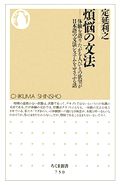
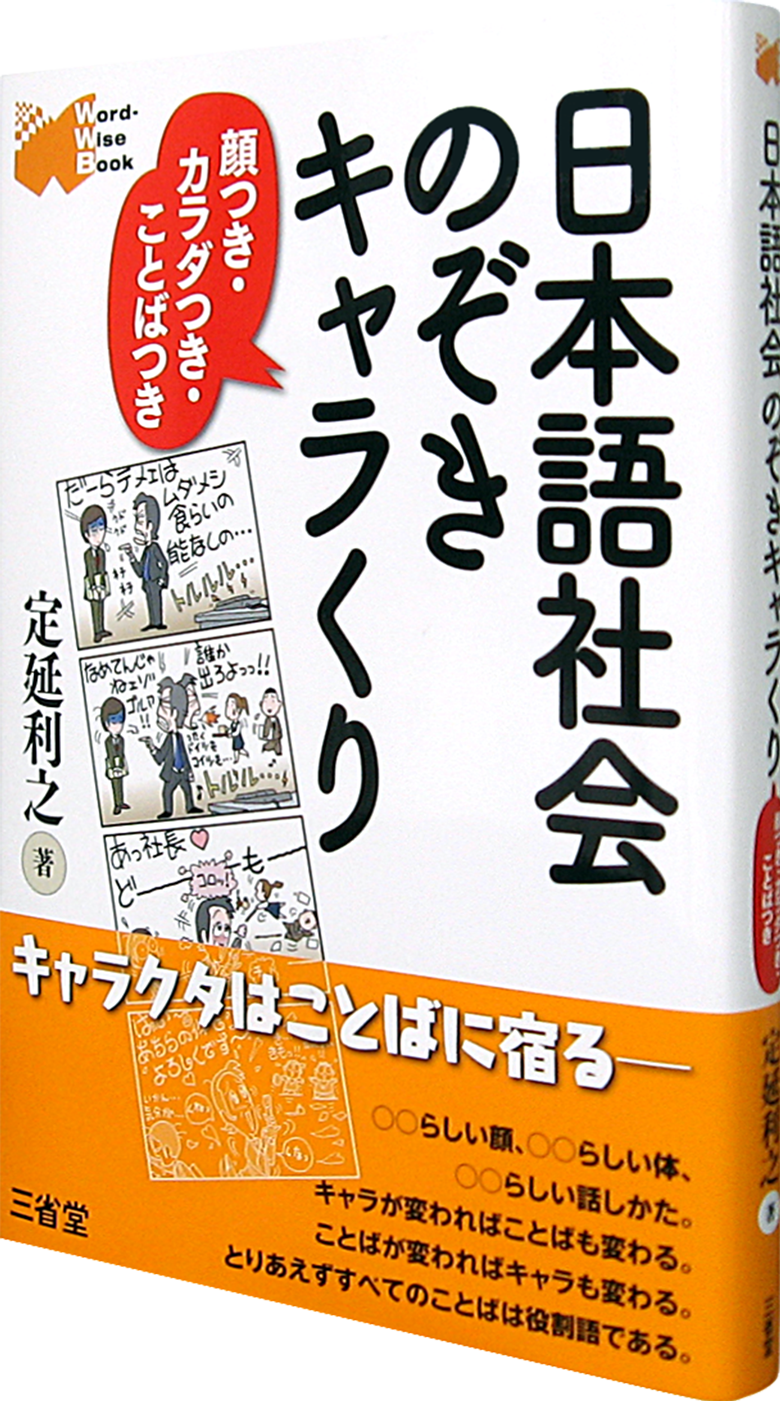
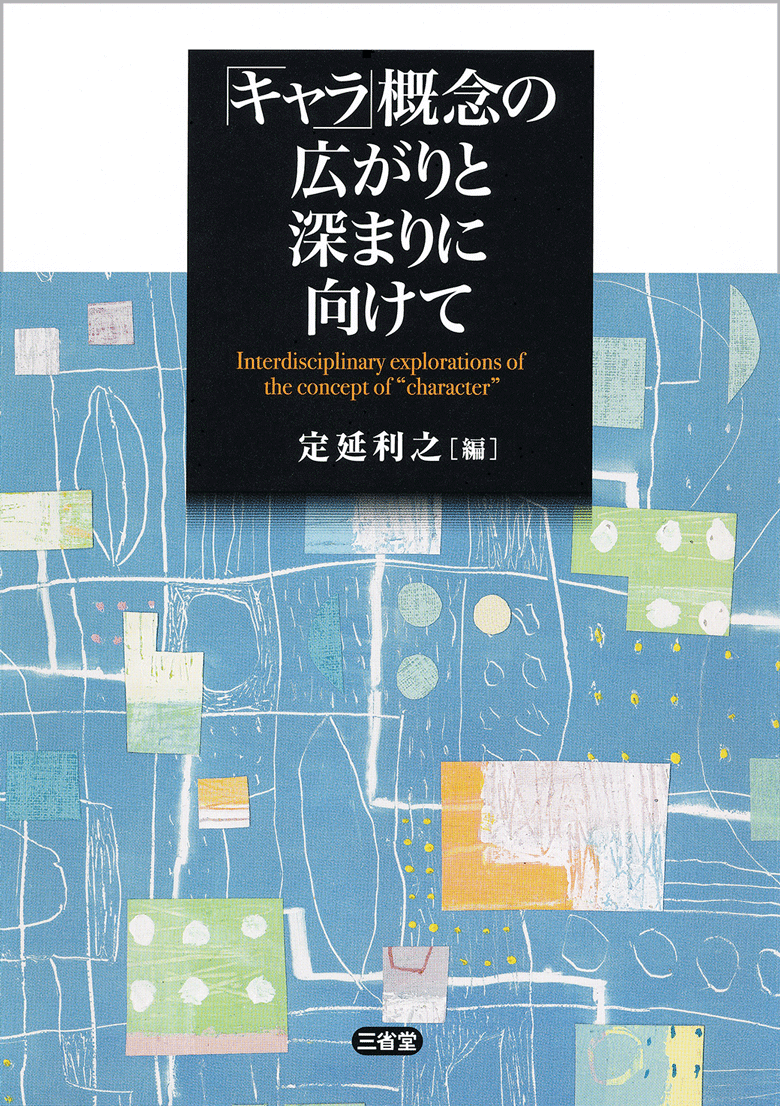
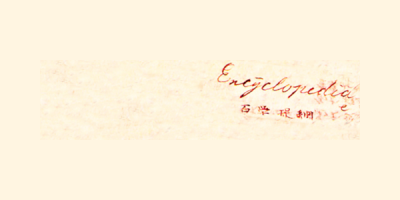

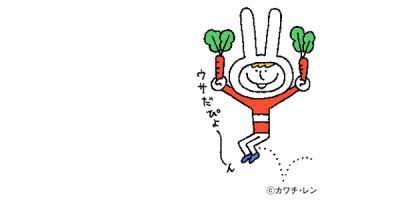
(1) Both “oya” and “ara” are interjections used to express mild surprise.
(2) Used at the end of sentences, “yo” adds emphasis, somewhat like an exclamation mark.
(3) Introduced in part 34 of this series.
(4) As a sentence-ending particle “ze” is used similarly to “yo,” but is considered more rough and rude.